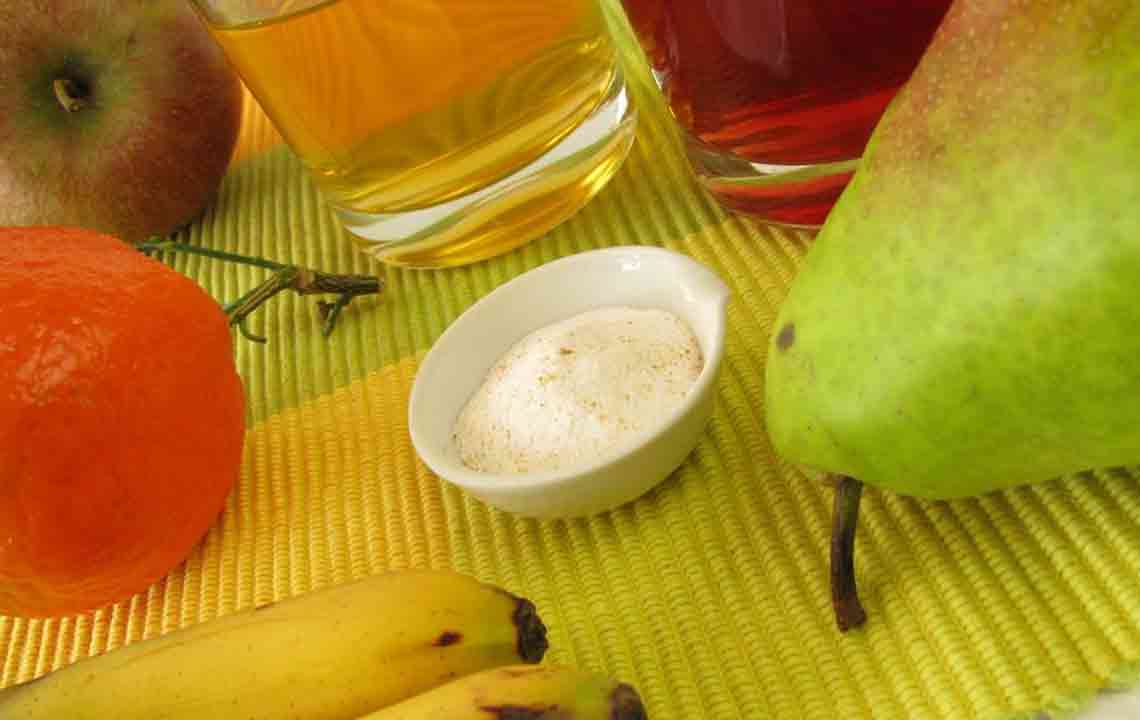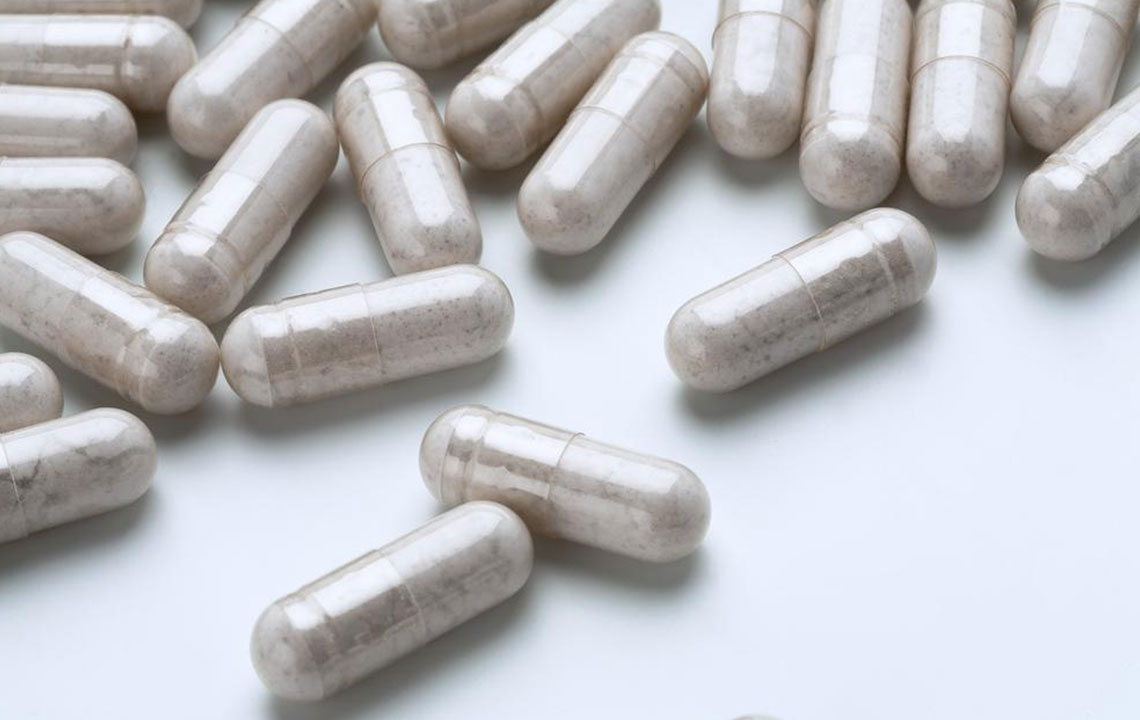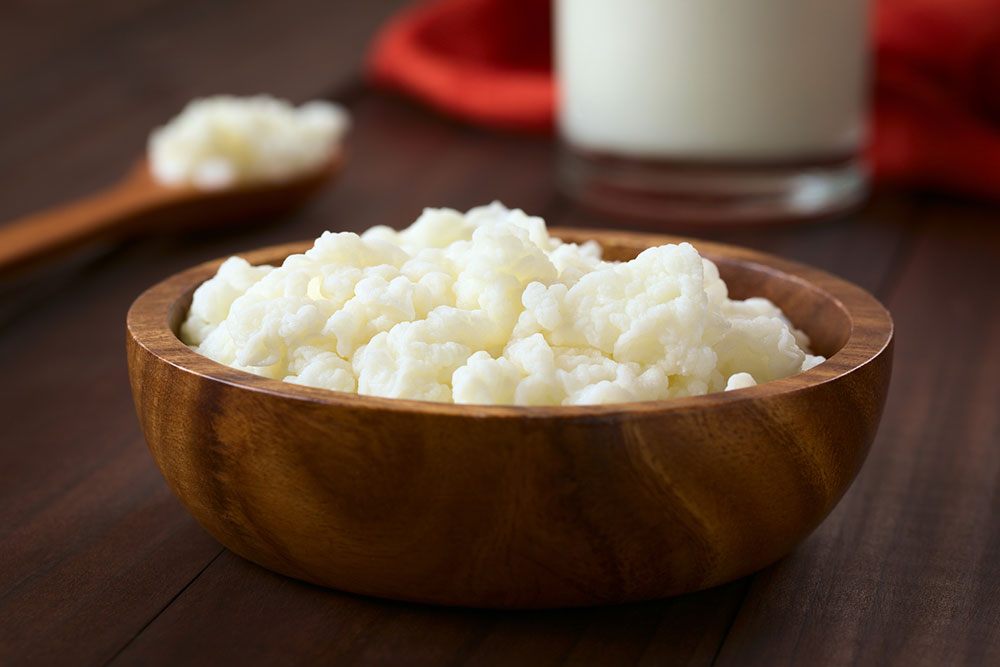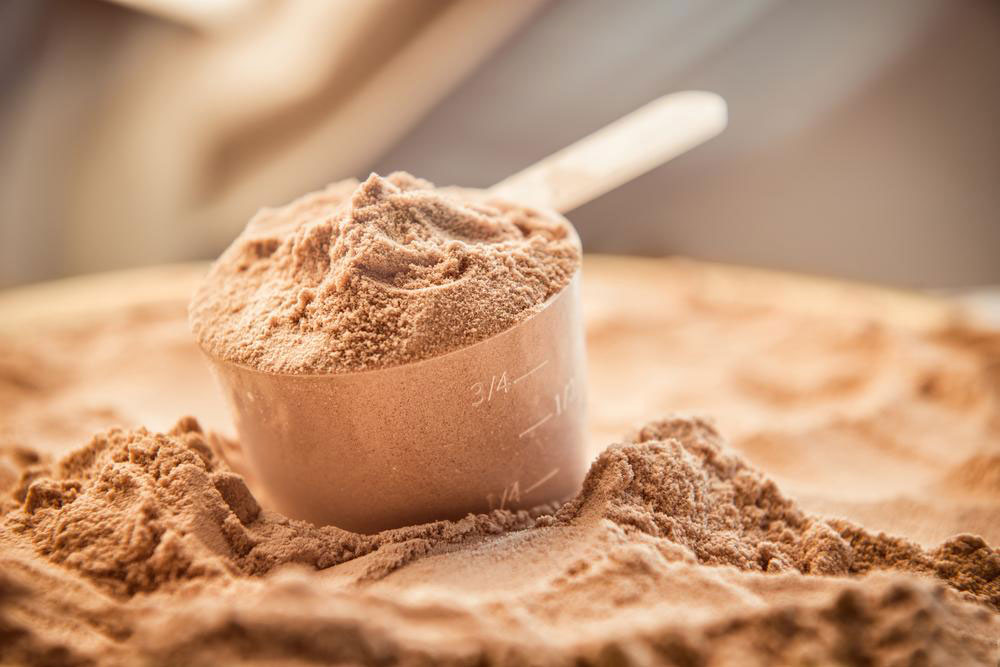Comprehensive Guide to Probiotics: Benefits and Insights
Discover the essential role of probiotics in maintaining overall health. This guide covers the different types, their benefits for digestion, immunity, weight management, and more. Learn about probiotic-rich foods, potential side effects, and how to incorporate them into your diet for a healthier life.

Comprehensive Guide to Probiotics: Benefits and Insights
While bacteria are often linked to illnesses, not all microorganisms are harmful. Our bodies naturally harbor both beneficial and harmful bacteria. Good bacteria, known as probiotics, are vital for maintaining health, aiding digestion, and supporting immune function. These beneficial microorganisms are present in certain foods and supplements. Recent studies suggest that probiotics offer health advantages far beyond gut health, impacting various bodily systems and wellbeing.
Varieties of Probiotics
Numerous species of beneficial bacteria are classified as probiotics. Consulting a healthcare professional can help determine which strains are most suitable for individual needs. The two main probiotic groups include:
Lactobacillus
Commonly found in yogurt and fermented foods, Lactobacillus effectively supports digestive health and helps alleviate lactose intolerance.
Bifidobacterium
Present in some dairy products, this genus is often used to treat irritable bowel syndrome (IBS) and related disorders.
Probiotics are categorized as dietary supplements by the FDA, and are not classified as medications. Since research on probiotics is ongoing, manufacturers are not subjected to the strict testing required for drugs, though many studies tout their benefits. Always consult your physician to ensure the chosen supplement's authenticity and effectiveness.
Health Benefits of Probiotics
Digestive Health Support
Probiotics help restore the balance between good and bad bacteria in the gut, especially after illness or medication, enhancing digestion and reducing diarrhea.
Reducing Allergies and Skin Conditions
Early research indicates certain probiotic strains may decrease eczema severity in children and aid those with dairy allergies or lactose intolerance.
Immune System Enhancement
These microorganisms inhibit the growth of harmful bacteria, boosting overall immune defense.
Supporting Weight Management
Some probiotics aid weight loss by preventing dietary fat absorption, though certain strains may be associated with weight gain.
Addressing Urinary Tract Infections
Probiotics can help restore vaginal bacterial balance, potentially preventing infections and associated conditions like bacterial vaginosis and yeast infections. Often taken as vaginal suppositories, they may be used alongside antibiotics.
Pregnancy Benefits
During pregnancy, probiotics can help reduce the risk of vaginal infections, supporting maternal and fetal health.
Heart Health
Certain strains like Lactobacillus may lower LDL cholesterol levels, contributing to cardiovascular wellness.
Dental Health
Probiotics can combat bacteria that cause tooth decay and gum disease, promoting oral hygiene.
Potential Side Effects
Generally safe, probiotics cause minimal or no adverse effects in most individuals. Those with compromised immune systems or serious health conditions should consult a healthcare professional before use. Mild side effects may include temporary stomach upset, gas, or bloating. Discontinue use and seek medical advice if allergic reactions occur. Incorporate probiotic-rich foods like yogurt, raw cheeses, and apple cider vinegar into your diet to enhance health benefits. Nature offers many tasty options for probiotic intake.










